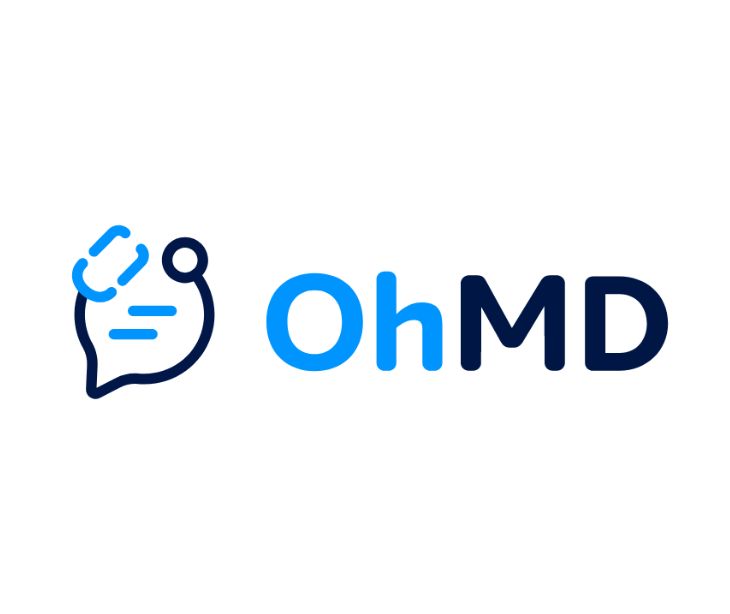
Fullstory is a digital experience analytics platform that helps businesses understand how users interact with their websites and applications.
Is Fullstory HIPAA compliant? Yes, based on our research, Fullstory can be HIPAA compliant.
Will Fullstory sign a business associate agreement (BAA)?
Yes, FullSstory will sign a business associate agreement (BAA). Fullstory states on their official website that "If you are an existing customer, please reach out to your Account Manager to discuss putting a BAA in place. However, if you’re not sure who to contact, please reach out to our support team via support@fullstory.com."
What does the Fullstory BAA cover?
The Fullstory BAA outlines the responsibilities for safeguarding protected health information (PHI) following HIPAA guidelines. According to their privacy help center, Fullstory provides their BAA to support their customers' respective HIPAA obligations when using their services.
Their BAA covers:
- Protection of PHI
- Notifications of security incidents
- Access by HHS requests
- Individual right of access requests
- Individual accounting requests
- Return of PHI
What does the FullStory BAA exclude?
Fullstory's policy prohibits customers from using their services to collect sensitive health data. According to their terms,“Customers shall not send any sensitive data, such as medical records, diagnostic data, or any other PHI, to Fullstory.”.
This exclusion limits the type of health data that can be shared with Fullstory, restricting the platform's use for certain healthcare-related communications.
Conclusion
Fullstory signs a BAA and therefore, can be HIPAA compliant.
Learn more: HIPAA Compliant Email: The Definitive Guide
FAQs
What is a business associate agreement?
A business associate agreement (BAA) is a legally binding contract establishing a relationship between a covered entity under the Health Insurance Portability and Accountability Act (HIPAA) and its business associates. The purpose of this agreement is to ensure the proper protection of personal health information (PHI) as required by HIPAA regulations.
What is HIPAA?
The Health Insurance Portability and Accountability Act (HIPAA) sets national standards for protecting the privacy and security of certain health information, known as protected health information (PHI). HIPAA is designed to protect the privacy and security of individuals’ health information and to ensure that healthcare providers and insurers can securely exchange electronic health information. Violations of HIPAA can result in significant fines and penalties for covered entities.
Who does HIPAA apply to?
HIPAA applies to covered entities, which include healthcare providers, health plans, and healthcare clearinghouses. It also applies to business associates of these covered entities. These are entities that perform certain functions or activities on behalf of the covered entity.
Subscribe to Paubox Weekly
Every Friday we'll bring you the most important news from Paubox. Our aim is to make you smarter, faster.



